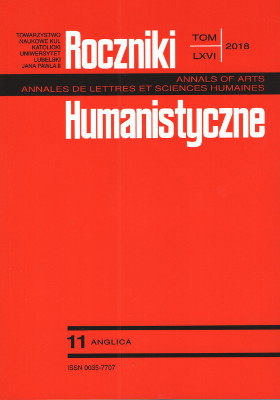What Kind of Bilingual Education is Most Beneficial? The Psycholinguistic Perspective
What Kind of Bilingual Education is Most Beneficial? The Psycholinguistic Perspective
Author(s): Daniela AntonchukSubject(s): Social Sciences, Language and Literature Studies, Education, Foreign languages learning, Sociology of Education
Published by: Towarzystwo Naukowe KUL & Katolicki Uniwersytet Lubelski Jana Pawła II
Keywords: bilingualism; education; bilingual education; psycholinguistics; multilingualism
Summary/Abstract: The significance of bilingual education has grown remarkably in the modern society since the benefits of bilingualism were affirmed long ago. However, the specific kind of bilingualism resulting in the most favourable effect has not been clarified as much. According to our investigation held on the subject of bilingualism in terms of the comprehension of a third language without its prior learning, bilingualism between two different language families contributes significantly to the understanding of another language belonging to a language family manifested in the bilingual informant. Hence, for example, a person representing a native-like capacity in a Slavic language, such as Russian, and a Romance language, such as Romanian (the case investigated in the research), will present the development of specific psycholinguistic strategies implying particular brain functioning as well as language data analysis resulting in the ability to access and understand, then subsequently acquire another Slavic or Romance language more efficiently. Evidently, this specific example does not refer to the Russian-Romanian bilingualism merely, but to any bilingualism between two language families. Consequently, how can it contribute to the educational system? Providing a child with a strong bilingual education based on the bilingualism between two different language families can result in the subsequent opportunity for an easier acquisition of other languages provided they belong to one of the language families the child masters. Additionally, the knowledge of many languages brings more facility in terms of eventual language learning in general, including dealing with a language from a different language family.
Journal: Roczniki Humanistyczne
- Issue Year: 66/2018
- Issue No: 11
- Page Range: 7-23
- Page Count: 17
- Language: English

